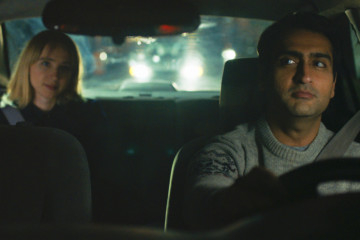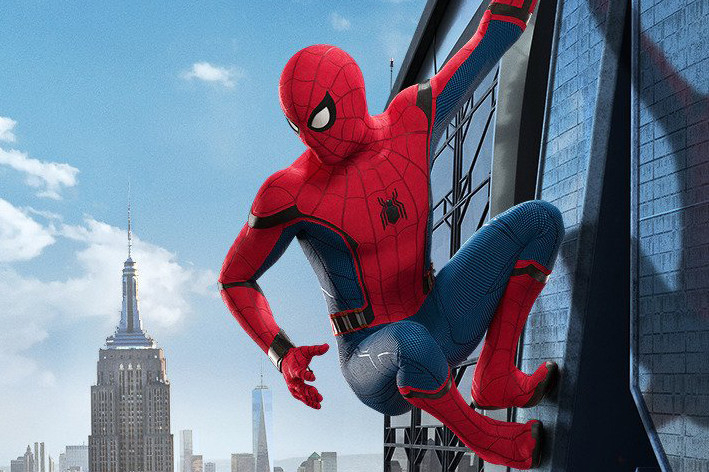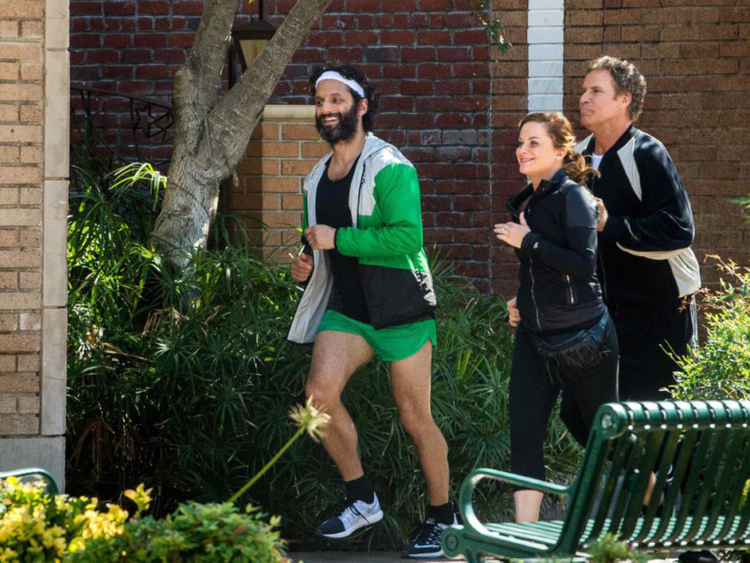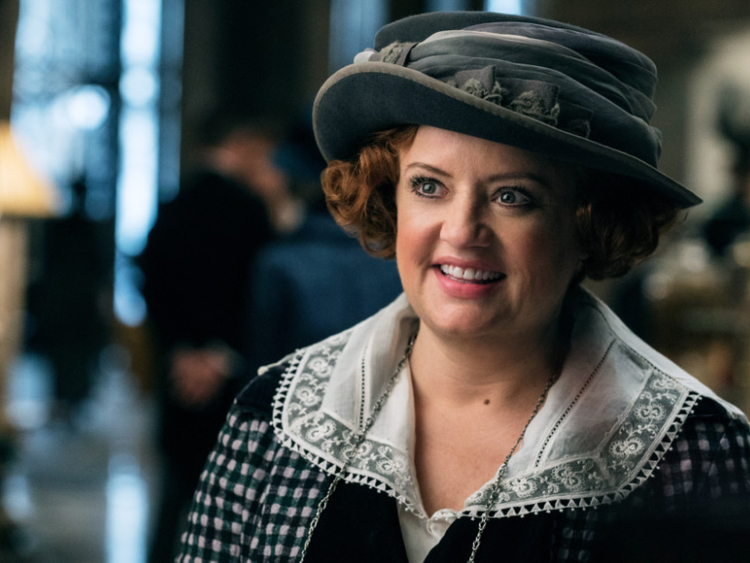
Hollywood is in the midst of its stormiest summer in years. Box office ticket sales since the first weekend in May are down 8 per cent from a year earlier, according to data firm ComScore, prompting the stocks of major cinema chains to drop.
But there’s one ray of sunshine as the exhibition industry struggles to get people to the multiplex: Critically acclaimed movies are actually doing robust business.
The summer movie season — which accounts for about 40 per cent of annual box office revenue — typically relies on generic popcorn fare with little regard for quality. But the movies that have earned virtually unanimous praise from critics — including Wonder Woman, Baby Driver, The Big Sick and Spider-Man: Homecoming — are the ones breaking out.
Conversely, movies that have been reviewed harshly, such as Baywatch and The Mummy, have also been rejected by American audiences, illustrating a hard reality in today’s changing marketplace.
Reviews can often mean the difference between life and death for a movie, as the big screen is facing greater competition for audiences’ attention. As prestige TV enjoys a golden age on HBO, FX, Netflix and Hulu, viewers are visiting review aggregation sites such as Rotten Tomatoes to decide what movies to see, if any. Early buzz is amplified by social media, where people share reviews and give their own opinions on what to see on the big screen.
“Getting off on the right foot is crucial and... having a film that is critically well received makes it much easier for our message to cut through the clutter,” said Adrian Smith, president of domestic distribution for Sony Pictures, which released Spider-Man: Homecoming and Baby Driver.
Some analysts have blamed the summer doldrums on an overabundance of sequels and reboots. Franchise fatigue has contributed to the disappointing domestic returns from Walt Disney Co.’s Pirates of the Caribbean: Dead Men Tell No Tales and Paramount Pictures’ Transformers: The Last Knight, each the fifth instalment in their respective series. (They’ve fared better internationally.)
However, ageing intellectual property can’t explain the failure of Guy Ritchie’s King Arthur: Legend of the Sword, which collected a disastrous $39 million in the United States and Canada after costing $175 million to make. Nor can it explain Sony’s Rough Night and Warner Bros.’ The House, two star-studded R-rated comedies that tanked. What those movies have in common is that most critics said they were bad.
Filmmakers and actors sometimes respond to dismal reviews by saying they make movies for audiences, not critics, a refrain echoed this summer by Mummy director Alex Kurtzman and Baywatch star Dwayne Johnson. That defence, though, is not supported by the box office figures.
“The disconnect between critics and audiences is largely gone,” said Paul Dergarabedian, senior media analyst for ComScore. “When you look at all the movies that have underperformed this summer, what’s the common denominator? They’ve all been terribly reviewed.”
The negative sentiment is taking a toll on movie theatre stocks. AMC shares are down nearly 26 per cent in the last three months, closing Tuesday at $22.30. Regal and Cinemark have slipped about 10 per cent during the same span. Analysts blame the movies.
“Consumers are driven to the theatres by compelling content, and this summer has largely been lacking,” Wedbush Securities analyst Michael Pachter wrote in a research report this week.
Except when it hasn’t been.
Spider-Man: Homecoming, the sixth web-slinger movie in 15 years, hauled in $117 million (Dh429.64 million) last weekend, surpassing industry estimates to become the biggest opening for a Spider-Man film in a decade. Wonder Woman has grossed $747 million at the global box office since Warner Bros. released it in June, overtaking last year’s Warner superhero movie Suicide Squad. Both Homecoming and Wonder Woman scored more than a 90 per cent positive rating on Rotten Tomatoes.
Guardians of the Galaxy Vol. 2, another generally well-reviewed Disney-Marvel franchise film, has taken in $858 million globally.
On a much smaller scale, Baby Driver, a mid-budget action flick about a getaway driver with a catchy soundtrack, topped pre-release estimates by grossing $30 million during its first five days in theatres.
Then there’s Lionsgate and Amazon Studios’ The Big Sick, a nearly universally acclaimed romantic comedy that placed No. 8 at the domestic box office last weekend, grossing $3.6 million from only 326 theatres. Encouraged by the strong reviews and audience response, the distributors are expanding the film to 2,500 theatres in hopes that the momentum will continue.
“We feel it’s the right time, given the reviews and word of mouth, to roll it out to a wider audience,” said Shaun Barber, executive vice president of domestic theatrical distribution for Lionsgate.
The trend of quality films bringing in big ticket sales gets another test this weekend with War for the Planet of the Apes, the continuation of 20th Century Fox’s science fiction series that has received critical praise for its special effects and epic human themes. The latest iteration, which cost $152 million to make, has a 93 per cent positive score on review aggregation website Rotten Tomatoes.
War for the Planet of the Apes, the third Apes movie produced by Peter Chernin’s Chernin Entertainment, is expected to gross $55 million to $60 million in the US and Canada from Friday through Sunday, though some analysts think it could go higher thanks to the strong reviews.
“It points out the necessity of making quality motion pictures whether they’re sequels or not,” said Chris Aronson, head of domestic distribution for Fox.
Warner Bros. next week will release the latest Christopher Nolan movie, Dunkirk, a Second World War thriller about a mission to rescue hundreds of thousands of allied soldiers from a French beach. Reviews have not been published but early social media reactions have been largely positive.
Then on July 28, Focus Features releases Atomic Blonde, an ultra-violent action film starring Charlize Theron as a highly skilled assassin that has been well received so far. The NBCUniversal-owned distributor is hoping the buzz, plus the fresh concept of a female super-spy, will translate to box office grosses.
“The public is there to see movies that stimulate them in a new way,” said Lisa Bunnell, president of distribution for Focus Features, which is releasing Atomic Blonde. “This summer has shown that audiences want to see original content.”
















